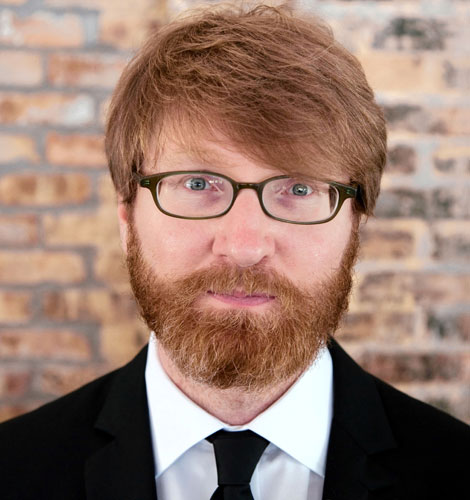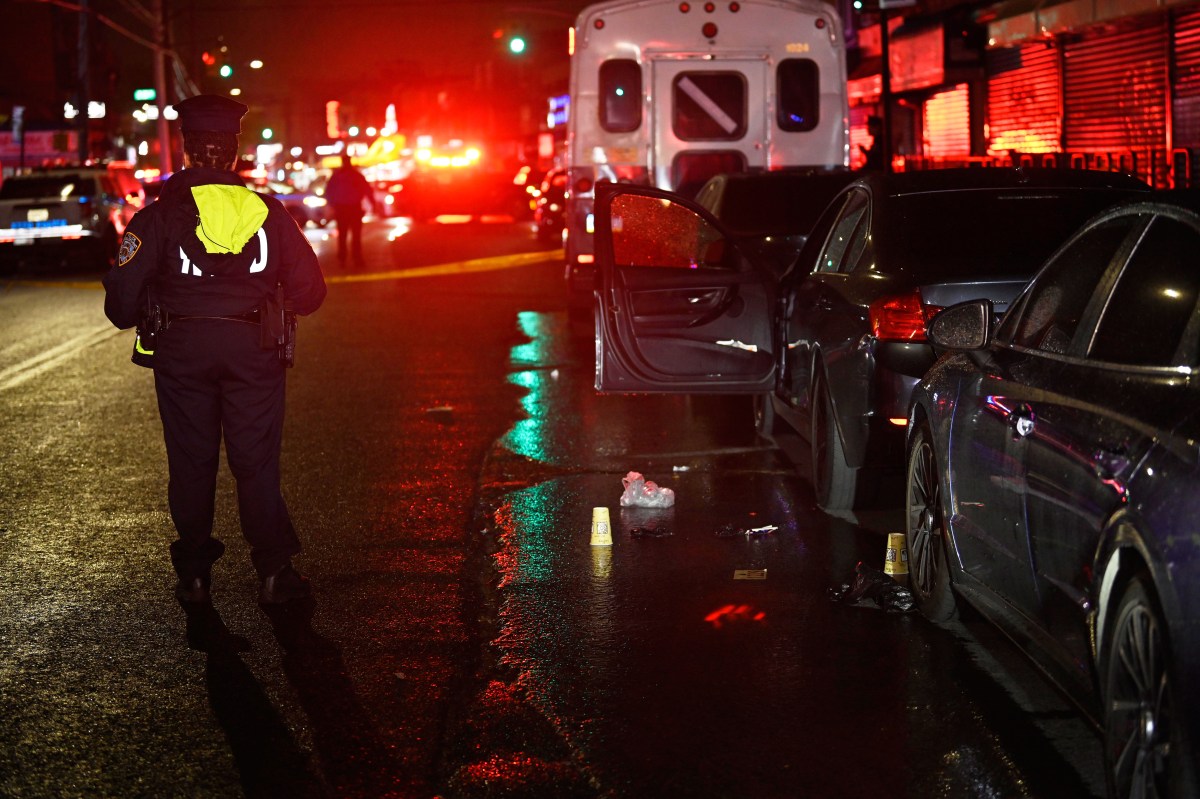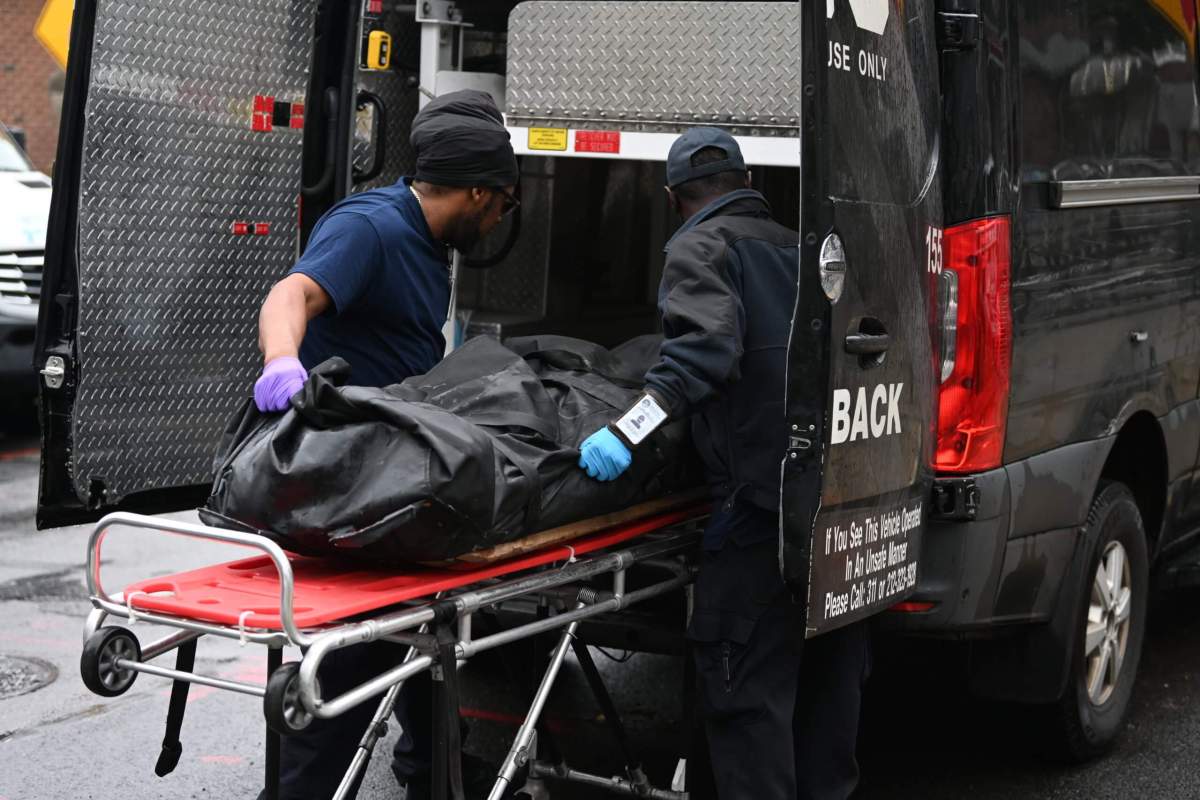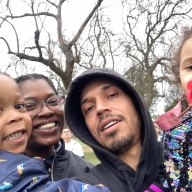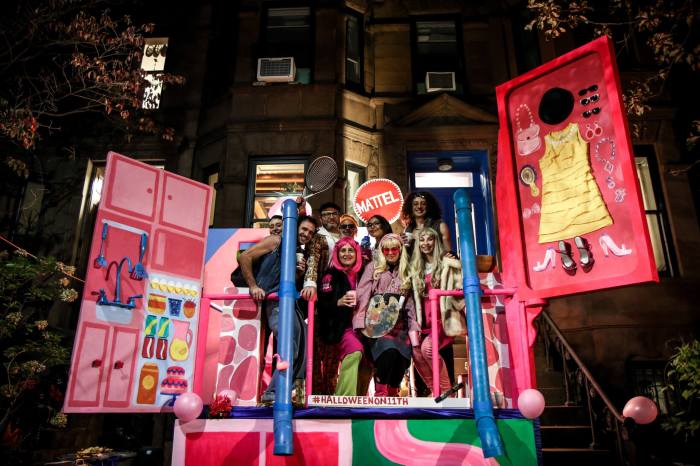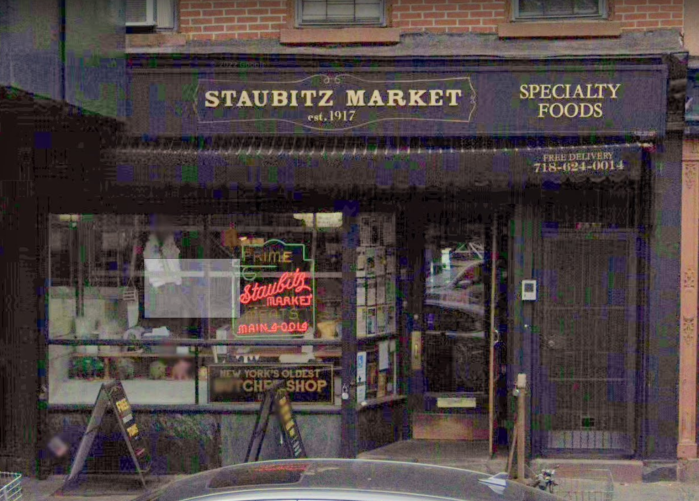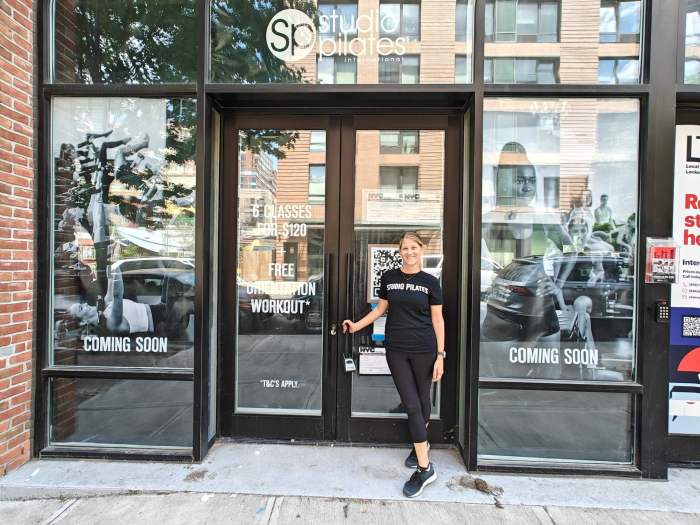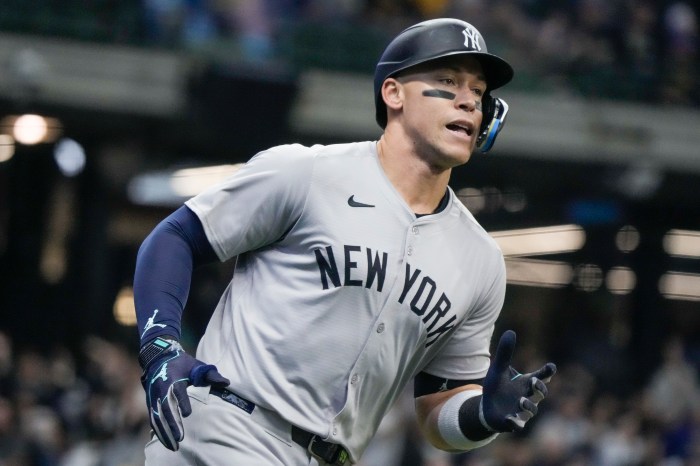Being a villain isn’t all mustache twirling and secret lairs.
As the New York Times Magazine’s “The Ethicist” columnist, Chuck Klosterman often challenges our sense of right and wrong in everyday situations. In his latest book, “I Wear the Black Hat,” the essayist and Boerum Hill resident once again exposes the ethical complexity behind a seemingly black-and-white concept — the villain — examining what it means to be the “bad guy,” and how society decides who is one and who is not.
Don’t expect a heavy-handed morality tale, though — Hitler makes an obligatory appearance, but the pop culture critic dedicates far more words to the likes of Taylor Swift, Kanye West, and LeBron James.
The book was originally released last year, and is now being re-released in paperback with two new essays. To celebrate, Klosterman will be at BookCourt in Cobble Hill on July 7. The Brooklyn Paper caught up with him ahead of the event to talk Batman, Brooklyn, and BoCoCa.
Noah Hurowitz: How does society decide who is a villain?
Chuck Klosterman: Arbitrarily. Within the book, I kind of work through possible theories that would seem to explain this process, and the central one being that the people that we view as villains are the characters who seem to know the most and care the least. The kind of people who are kind of seemingly understand how the world can be manipulated but don’t necessarily care what that means.
However, even within that thesis there are exceptions. The reality is that human nature’s justification for liking and disliking people is kind of random. People just sort of make gut decisions about people, and then reverse-engineer an intellectual reason. And I think that’s very interesting.
NH: It has to have something to do with actions, right?
CK: I don’t know! You’d think so, it should be, right? And yet we consistently see people who act in a certain way and are lionized for it, whereas other people do the same thing, they are perceived as really socially problematic. I mean, of course we all agree certain things are bad. Murderers, rapists, war criminals — there’s an agreement that these are bad acts. But it’s not as rational or logical as we’d like to pretend.
NH: Can you think of any examples where people did similar things but one is a villain and the other is not?
CK: Here’s an example from the book — I talk about Bernhard Goetz, the subway shooter from the ’80s, and how his perception changed over time, and what it means to look at a vigilante and decide whether we see them as heroic or socially problematic. Most intellectual people will see a person like Bernhard Goetz and say, “A culture can’t survive if we allow people to take justice into their own hands.” And yet when we see a fictional depiction of this, when we see a character like Batman, we love that character. We love the idea of a vigilante as sort of an abstraction, but we don’t like it when we see the specific person.
NH: Do you think that if Batman were in New York right now, people would see him as a villain? Would you see him as a villain?
CK: That’s a good question, because a lot of it has to do with what we know about the person. The hardest part about this thought experiment is that we can’t get around the fact that we know Batman is good. So we have to imagine a scenario where the fictional Batman does not exist. All we know is that someone in a bat suit is running around the streets of Brooklyn at night, hurting people, and the people he hurts end up being proven to be criminals. So I think that if that happened, a reactionary person would be kind of pleased by this, and excited. Someone’s taking back the streets! I think an intellectual person would be like, “This is bad. They’re flouting the rules of society. We’re losing control.”
How would I feel about it? I would be like — New York’s not very dangerous right now; I’m not sure if we need a Batman. Detroit needs a Batman.
NH: We’ve been talking lately in the office about the goofy names real estate people come up with for neighborhoods that the residents don’t actually use. I had actually just heard the name BoCoCa — apparently short for Boereum Hill, Cobble Hill, and Carroll Gardens. Would you ever tell people you live in BoCoCa?
CK: If I did, I would probably say it as if I were singing the song “Cozumel,” by the Beach Boys. That seems like a charming way to annoy people.
NH: I mean, because you couldn’t say it with a straight face, could you?
CK: [Goofy voice] BoCoCaaa. I guess I said it just now and I find myself smiling while I did it. Actually, it sounds like an area of the world where they would host “Survivor” — “This year, we’re in BoCoCa!” or whatever. It kind of sounds like food — “The noodles are really good, and the BoCoCa is awesome.”
NH: So tell me a bit about the upcoming reading at BookCourt.
CK: I barely read at all. It’s f——- boring to listen to a guy read in public, everybody knows that. So I maybe will read for five or 10 minutes, and then I talk for a while about what’s going on in the world, in the news, and then I start taking questions. And that’s the main thing that I do. I’ll answer questions about everything.
I think people come to readings and think, “I have to ask about the craft of writing, or about the book itself,” but I’m not like that. People can ask me anything. My readings usually go pretty good, because people try to out-weird me. They know I’m a weird guy, so they try to ask the weirdest possible question, but it can’t be done.
NH: BookCourt is right around the corner from you, right? Do you go there a lot?
CK: It’s two minutes away from where I live, so I’ve read there a bunch of times. It really is one of the best places to do a reading.
I did a reading last night at the Barnes & Noble in Union Square, and of course they’re really cool there, the people who run it, it’s a big space so a lot of people come. But it does seem slightly more formal, like I’m doing an official thing to promote the book.
Whereas this bookstore, I know what it’s gonna be. It’s gonna be a small crowd, I can really talk freely and candidly, and everyone in there is going to get all of the jokes. If you’re doing a reading in a place like that, if someone makes a reference to some movie from 1966 that was never released, like half the room will laugh. The people here are really into that stuff, so it’s easy to be funny.
NH: That’s just how they roll in BoCoCa.
CK: [Laughing] Yeah.
Chuck Klosterman at BookCourt [163 Court St. between Pacific and Dean Streets in Cobble Hill, (718) 875–3677, www.bookcourt.com]. July 7 at 7 pm. Free.


